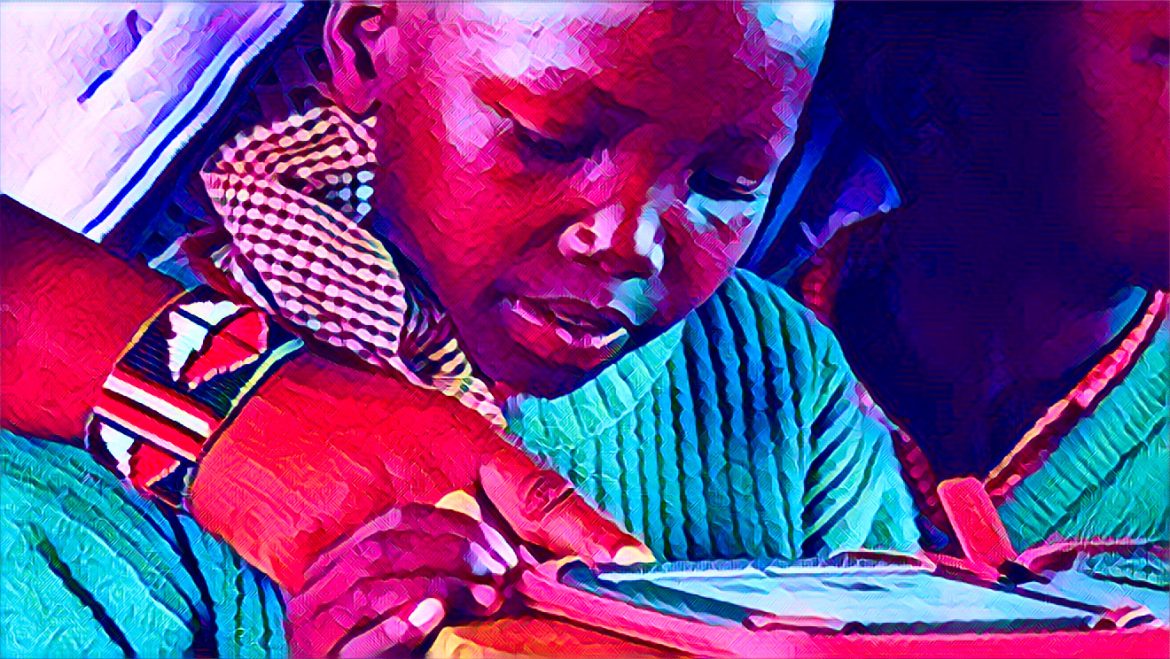KEY POINTS
- Zimbabwe is adapting to digital learning through platforms like the Learning Passport, which provides curriculum-aligned content for remote education.
- Teacher training programs are equipping educators with digital skills to deliver online lessons effectively.
- Infrastructure challenges are being addressed with innovative solutions.
Like many other educational systems throughout the world, Zimbabwe’s has struggled to keep up with learning during emergencies, especially during the COVID-19 pandemic.
To improve access to education, Zimbabwe is increasingly embracing digital transformation and incorporating contemporary technology into schools in both urban and rural areas.
Here are some examples of how Zimbabwe’s educational system is embracing digital learning and the opportunities it presents.
The learning passport: Expanding access to quality education
The Learning Passport, a remote digital learning platform created by Zimbabwe’s Ministry of Primary and Secondary Education in partnership with UNICEF, aims to give children who might not have access to traditional learning environments a top-notch education.
The program, which was initially created to aid displaced and refugee children, now serves Zimbabwean pupils by providing online teaching resources and curriculum-aligned content.
This program continues to help students nationwide and has helped close the gap for the 4.6 million students who missed school during the pandemic.
Empowering teachers with digital skills
Training teachers has become a top priority in order to guarantee the effectiveness of digital learning.
In order to give teachers in Zimbabwe the abilities they need to instruct utilizing digital platforms, UNESCO and its partners are offering quick training programs.
Digital lesson planning, resource production, ICT literacy, and other online and remote learning tools are the main topics of this training. This program is assisting teachers in providing efficient remote learning to more than 100 schools in Zimbabwe.
Addressing connectivity and infrastructure challenges
The absence of dependable power and internet connectivity in rural areas, where roughly 70 percent of schools are situated, is one of Zimbabwe’s biggest problems.
In order to guarantee that no kid is left behind, the government and development partners are looking at cutting-edge solutions including mobile classrooms, solar-powered learning hubs, and community internet access points.
For pupils in these areas, the combination of radio and television instruction provides additional learning options.
Inclusive Education and Lifelong Learning Opportunities
In addition to supporting formal education, digital learning systems such as the Learning Passport provide resources for lifelong learning, vocational training, and non-formal education.
This strategy is a component of Zimbabwe’s National Development Strategy, which places a strong emphasis on inclusive education for all students, especially children with disabilities and underprivileged groups.
Zimbabwe is making great progress toward guaranteeing that all students, wherever they may be, have access to high-quality education by embracing digital education. The nation’s educational system is changing as a result of these initiatives, opening doors for upcoming generations.
By creating flexible learning paths, the nation is moving toward a more equitable educational system that can adapt to different learning settings and needs.


